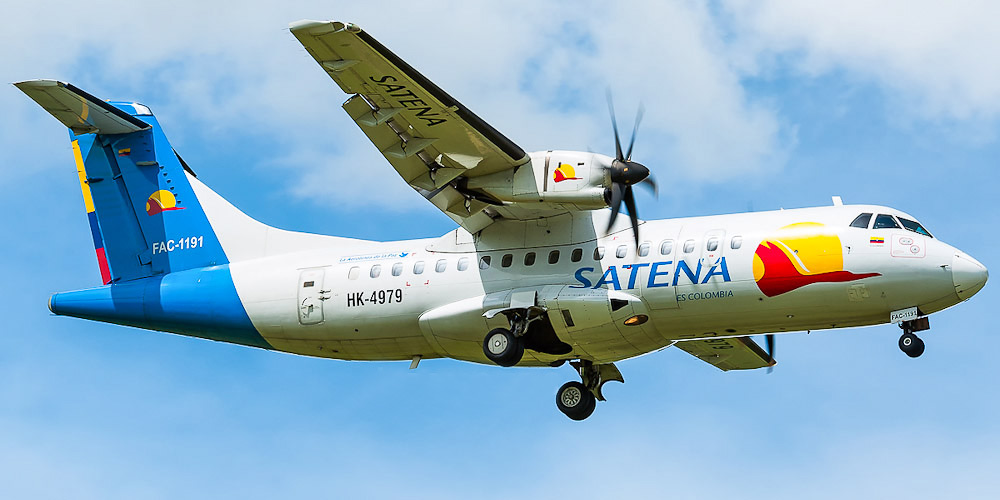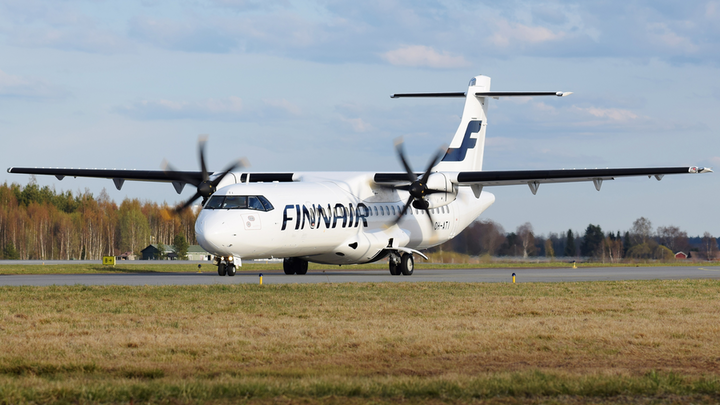Airbus Delivers World’s First H160 in Japan
Kobe, 10 December 2021 – Airbus (OTC: EADSY) has delivered the first ever H160 to Japanese operator All Nippon Helicopter (ANH), heralding a new chapter for this next generation twin-engine helicopter. With 68 patents, the innovative H160…


